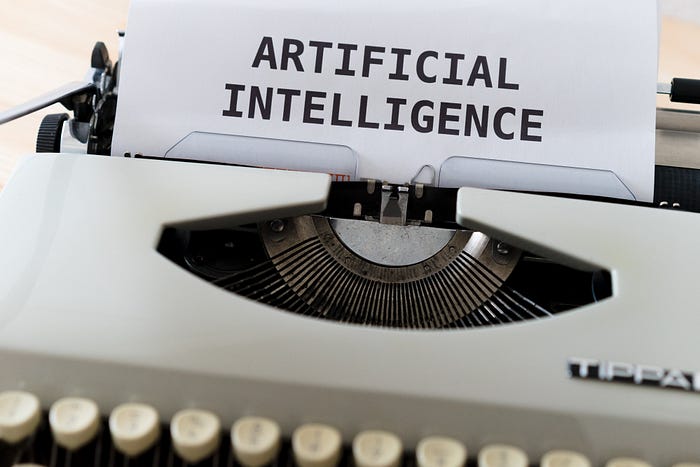Artificial Intelligence Has Yet to Fully Infiltrate Online Gaming

Original video games of the 1970s contained very little, if any, Artificial Intelligence (AI). Game code in these early days was made up of rather complex “if” statements that allowed for a fixed (and not always spontaneous) number of game choices and scenarios.
Today’s video games work using the same fundamental concepts that games created in the early 1980s and 1990s used; they’re just scaled with more data and more processing power. That’s not to say that the games themselves have not changed since 1982. Today’s games have extraordinary graphics, sound, and stories compared to earlier trailblazers. The AI capabilities used in games still today are elementary. This may surprise many gamers reading this article. AI self-learning technology in self-driving cars and natural language processing is relatively new. And it has not yet been adapted to work well in video games. Let’s examine why that is.
AI can use pattern recognition on the big data sets accessible in video games, which it can use to predict future behavior. This allows the video game character to decide based on the live-player character’s action. Sounds exciting and challenging, right? But here’s the problem: Game characters can learn to anticipate common human errors. In other words, they can get too smart.
How can we expect AI to impact online gaming in the future? According to an article published in March 2019 in The Verge, AI development tools will build “sophisticated games that can change and respond to player feedback, and in-game characters that can evolve the more you spend time with them”. The core AI techniques of the 80s and 90s are being replaced with complex decisions and behavior trees that produce immersive virtual experiences and more intelligent games.

As AI technology is evolving, developers can incorporate new capabilities in video games. And as big data continues to grow, it will drive virtual characters' actions. Deep learning will enhance the visual aspects of games. Characters will appear more lifelike in how they move, and they’ll develop more natural speech and emotion.
With these new possibilities, developers must always be mindful of the player’s experience. Imagine the frustration caused by a game created with self-learning software that it cannot control. Who would enjoy playing an impossible-to-win game? Instead, it can use AI algorithms to enhance the user’s game with deep learning that customizes their decision-making environments for an overall better online experience.
Do you want to read more on this topic? Author Julian Togelius is an Associate Professor at NYU’s Department of Computer Science and Engineering. He specializes in the intersection of AI and video games. In 2018, he co-authored a book, Artificial Intelligence and Games, available on his website. You can learn more about the subject in the video below.
https://www.youtube.com/watch?v=t_weHY3_AJQ